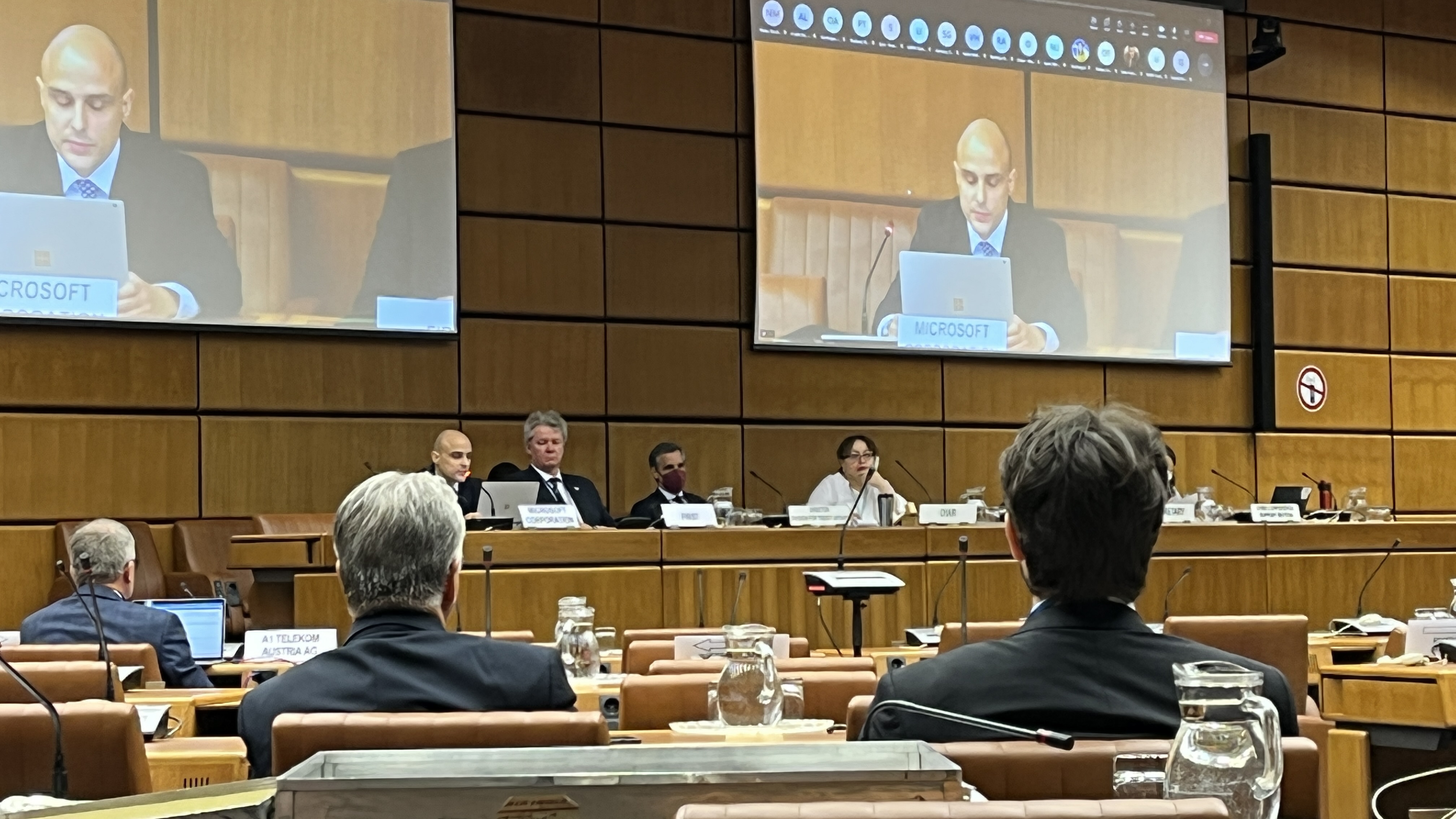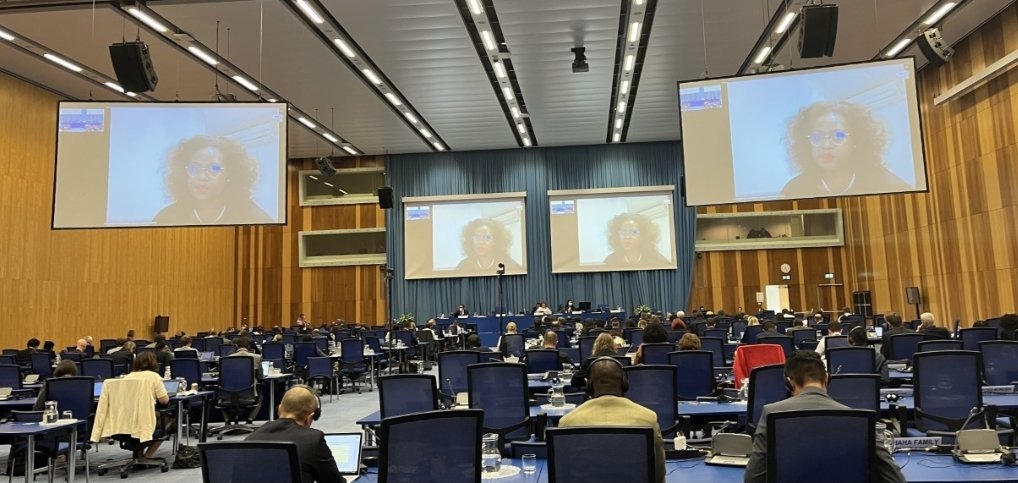
During the session of the AHC “cybercrime”, the contributions of non-governmental stakeholders were widely recognized. From ensuring accountability to protecting human rights, the role of civil society is crucial in the anti–cybercrime efforts. Carolina Botero Cabrera, the executive director of Fundación Karisma (Global Partners Digital) pointed out that civil society has a strong commitment to find how to increase capacity, learn more about cybercrime and the considered safeguards. In general, civil society want to participate in the process to have their voices heard.

Further Information:
Video summary with civil society participation
Official Secretariat website to AHC multi-stakeholder engagement
UN Cybercrime negotiations – GI TOC report
WhatsOn Knowledge Hub
See Rapha International WhatsOn profile
Visit the UNODC-Civil Society Unit’s website for training opportunities.